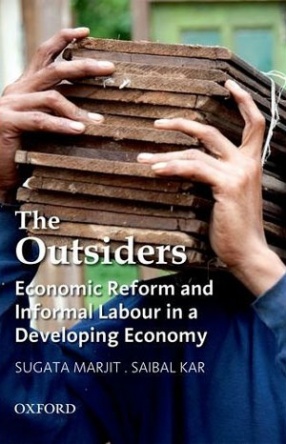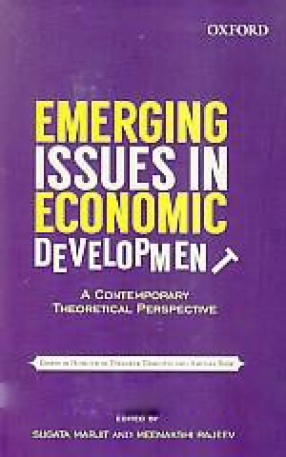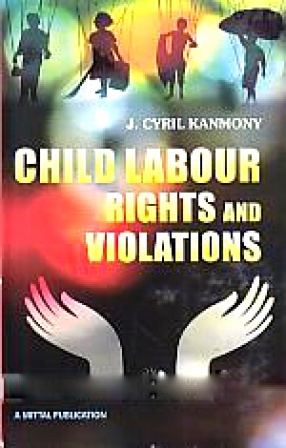The informal economy has emerged as one of the most dynamic, active, and hotly-debated domains in the entire developing world. Unfortunately, it remains one of the least treated subjects in mainstream economic theory and development economics. This book brings together the authors' accumulated work over the last decade. It provides a detailed theoretical overview and analytical understanding of informal labour markets in the context of economic reforms. Grounded in the neo-classical general equilibrium framework, it analyses the impact of deregulatory policies on the welfare of informal workers in a segmented labour market.
Using empirical data and case studies, the book discusses how informal wage responds to unemployment in the formal sector by exploring the interactions between the formal and the informal labour markets. The authors also examine institutional factors-political, economic, and governance mechanisms-to explore the major causes that sustain or impede the dynamism of the informal labour markets.







There are no reviews yet.